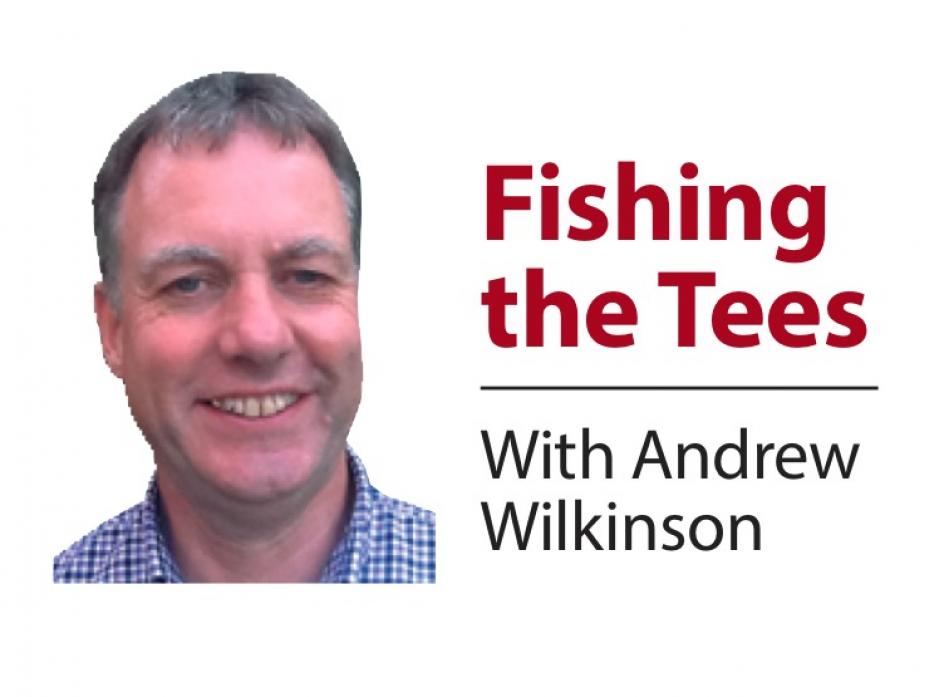
ANGLING was allowed during the November lockdown. While the decision was of limited use to trout and salmon anglers, whose season had already ended, it was a boost for the sport in general.
The decision meant that the powers that be have recognised the positive physical and mental benefits that angling brings.
Jamie Cook, chief executive of the Angling Trust, said: “Angling has conducted itself safely and responsibly throughout this pandemic, and the trust is determined to ensure that our chosen form of outdoor recreation remains part of the solution rather than the problem.
“We made the case for fishing based on the health and wellbeing benefits that angling offers, coupled with the importance of reducing pressure on other open spaces by allowing us to continue to safely enjoy the social isolation and peace that fishing brings.”
No doubt some of Teesdale’s more hardy anglers will seek out some coarse fishing, which is still in season, though they must limit their travel to adhere to the government guidelines.
But for many the season is over, and it’s pleasing to report that some salmon were caught. A few were landed on the Tees, though as usual the Wear yielded more fish.
There is little doubt that there are fewer salmon than there were a few years ago. It is too early to tell where this is cyclical, or a long-term decline.
Anglers are doing their bit by looking after habitat and returning almost all of the fish they catch.
Even with fewer fish than there used to be, salmon fishing remains a wonderful way to extend the season and enjoy the beauty of the river in autumn.
As long as there is a chance of a fish, it is a pleasure to be out on the bank, either alone or with company, to enjoy the colours of the season.
On one session where I had a stretch of the middle Wear to myself, just about every predator known to river fish put in an appearance.
Apart from a very unwelcome cormorant, there were kingfisher, goosanders, heron, and even an otter which swam upstream towards the spot where I was wading. It will have scattered any fish that may have been in the pool, but I didn’t mind that. It was a joy to share the same area of water as such a beautiful creature.
The cormorant flew low around a bend in the river, saw me and lurched sharply upward. Its sudden change in direction led to it disgorging two brown trout, which landed with a splash either side of me.
They were dead but barely marked. Many of these huge black birds have moved inland from the sea and will all but empty stretches of rivers and lakes, if they go unchecked. The problem is being recognised and some licences to shoot cormorants are issued.
It’s never nice to kill wild creatures, but without some controls, the river eco-system is under threat.
I finished the season with seven salmon to 10lb and a couple of sea-trout, including a beauty of just under 9lb. A friend who is a very experienced salmon anger, caught a stunning fish of well over 20lb, which he carefully returned.
He showed his skill and patience by allowing his line to go slack when the salmon dived behind a rock. He waited till it swam into clear water before tightening his line and resuming and winning the battle.
As long as salmon like that enter the rivers, there will always be anglers dreaming of catching such a fish.
SADLY, Chris Lucas, who was born in Barnard Castle, and discovered the joys of trout fishing on the Tees and the becks of the dale, has died suddenly.
Born in 1952, he later enjoyed salmon and sea trout fishing, particularly in Northumberland, where he lived. He was a keen conservationist and became a trustee of the Northumberland Rivers Trust. He worked on many habitat improvement schemes.
For three decades he had been secretary of the West End Anglers, managing stretches of the Tyne and its tributaries as well as the River Coquet in Northumberland.
His considerable contribution to our sport will be remembered.





